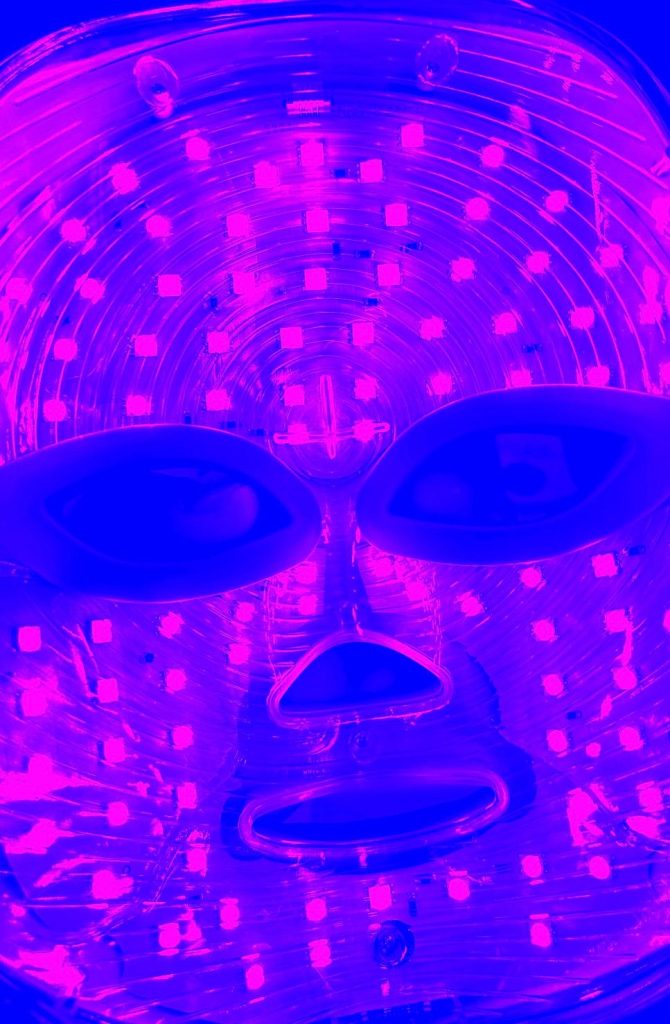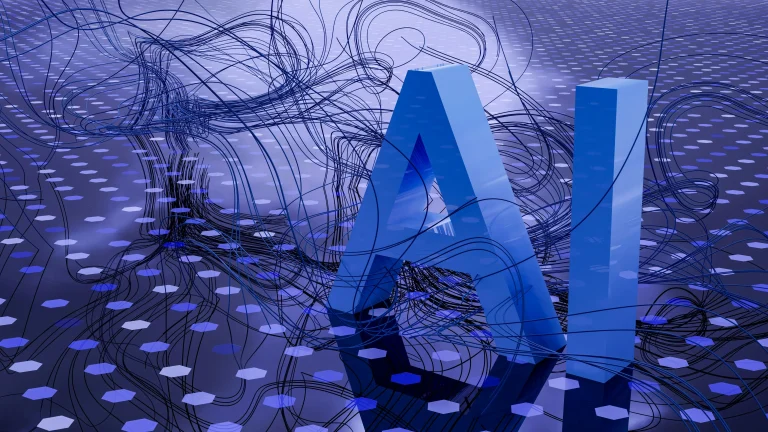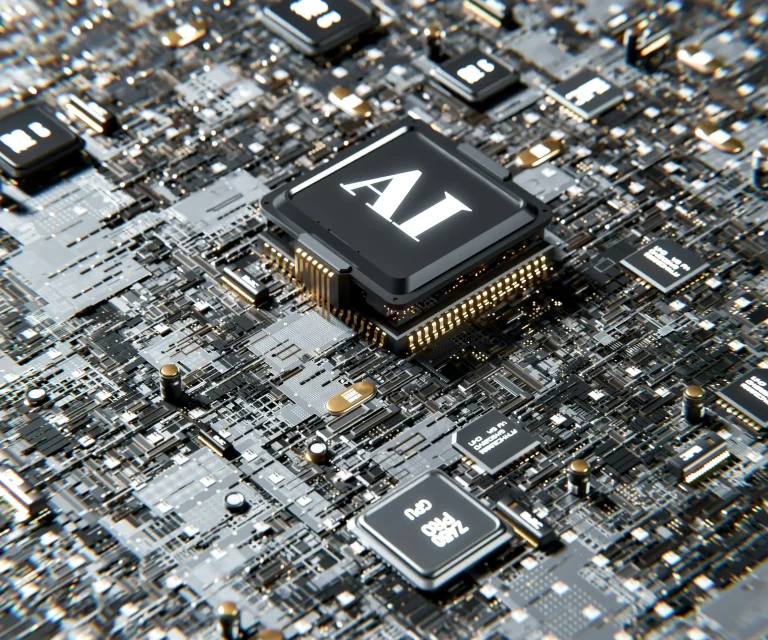Discussions about the dangers of digital slavery are becoming increasingly common. What was once a dystopian fiction concept is now a real threat in a world where artificial intelligence, surveillance, and automation are taking over key aspects of life. The loss of autonomy is becoming a reality as algorithms decide our jobs, finances, and social interactions. The growing digital dependency and concentration of power in the hands of tech corporations raise an important question: Is humanity still in control of its own destiny, or are we becoming mere subjects of code and data?
-China’s social credit system already demonstrates how technology can become a tool of control – notes ChatGPT in response to a discussion on digital slavery. In China, citizens are scored based on their behavior, and those with low ratings lose access to travel, employment, or public services.
-Similar models, though less explicit, are emerging in the West through algorithmic hiring systems and financial scoring mechanisms that can subtly exclude individuals from certain economic and social spheres – ChatGPT adds, emphasizing how automation in the labor market further complicates the situation.
Amazon warehouse workers, Uber drivers, and Wolt couriers are already experiencing this new form of digital surveillance, where machines measure their productivity and determine their working lifespan
Even today, AI determines who gets hired, and the gig economy—a labor market dominated by short-term, on-demand jobs or platform-based employment—turns workers into entirely dependent digital nomads, with no stability or protection. Algorithms assign tasks, set performance norms, and even automate layoffs, making workers as replaceable as product barcodes. Amazon warehouse workers, Uber drivers, and Wolt couriers are already facing this new form of digital oversight, where machines track their productivity and determine their employability.
Biometric surveillance further deepens this threat. Facial recognition cameras are becoming standard in many countries, while real-time AI monitoring allows governments to predict individual behavior and intervene before anything even happens.
-India, for example, is developing the world’s largest biometric database, linking citizens’ personal data to their finances, medical records, and social status. This raises a fundamental question—where is the line between security and control? – ChatGPT highlights.

Soon, all our digital data could be merged into a single database, creating something akin to a digital citizen identity, opening the door to total surveillance and control
Surveillance is also possible through IoT (Internet of Things) technology, encompassing all connected devices in our environment—phones, TVs, refrigerators, cars, smart homes—all of which are already “spying” on us by collecting vast amounts of data. These records are stored in multiple databases, threatening our right to privacy. Collected data is used for marketing purposes and various other applications.
Some predictions suggest that soon all our digital data could be merged into a single database, creating something similar to a digital citizen identity. This could include existing digital identification documents, electronic medical records, financial transactions, educational history, consumer habits, and even travel history. For now, this remains the domain of science fiction movies (The Fifth Element, for example), but the risk of total surveillance and digital slavery is very real.
At the conspiracy theory level, some point out that in such a system, a person’s digital profile could even be deactivated, effectively erasing them from society—a potential tool for silencing dissenters and enforcing total social, legal, and economic exclusion.
Financial control through Central Bank Digital Currencies (CBDCs) is another major concern. CBDCs could enable governments to monitor citizens’ spending in real-time, as money would exist only in digital form.
-If cash disappears and digital money becomes the only form of payment, society could lose one of the last bastions of financial freedom – warns ChatGPT.
Then there is the metaverse, a vision in which the physical and digital worlds merge. Tech giants are investing billions into virtual spaces where people will work, shop, and socialize. But the question remains—will such digital infrastructure be a space of freedom, or just another type of prison, where tech companies control every aspect of human interaction?
Digital slavery no longer seems like an abstract concept—it is becoming a real danger. In a world where decisions are left to algorithms, surveillance becomes routine, and financial and job stability depend on digital systems, it is crucial to establish ethical and legal boundaries.
People must become aware of their digital rights, advocate for AI regulation, and demand transparency from tech corporations. Because if we don’t set limits now, we may never get another chance.
(A.B. & ChatGPT)



